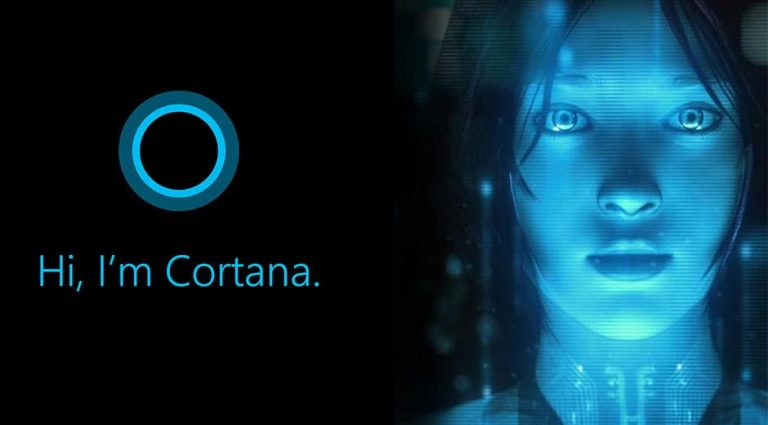When Microsoft introduced its Cortana digital assistant on Windows Phone 8.1 in 2014, the company was actually a bit late to the game as Apple first introduced Siri on the iPhone 4S in 2011 before Google followed its steps with the addition of Google Now on Android devices a year later. However, Microsoft deserves credit for being the first company to bring its own digital assistant to the desktop via the release of Windows 10 back in summer 2015, allowing PC users to interact with it via either voice or keyboard commands.
Right now, Cortana on Windows 10 can be used for search, setting reminders, tracking your upcoming flights, getting news tailored to your interests, send text messages from a Windows 10 Mobile phone and more. The digital assistant can also be integrated into Windows apps, and Microsoft announced today that there are already more than 1,000 Cortana-enabled apps in the Windows Store.
However, Microsoft is just getting started with its digital assistant and Cortana will soon become even more powerful and ubiquitous. Indeed, after a previous release on iOS and Android last year, Cortana will also be available on the Xbox One pretty soon as Microsoft’s gaming console already runs an optimized version of Windows 10 and is also set to receive the Anniversary Update in the summer. But if you’re already a regular user of Cortana on your Windows 10 PC, Microsoft highlighted today how its digital assistant will help you be more productive with the Windows 10 Anniversary update:
- Cortana is now available above your lock screen so you can do things like ask questions, play music from your PC or set a reminder without unlocking your device.
- Cortana can save and recall key information, like your frequent flier number or where you parked at the airport. You can also add photos to make your reminders visual, like a photo of a bottle of wine you enjoyed at a restaurant.
- Cortana can give you notifications across all the devices you have with Cortana – like sharing directions across devices or from text or messaging services on your phone.
While Cortana will probably always be more integrated and powerful on Windows 10 devices, it’s clear that Microsoft also cares about the mobility of experiences which is why cross-device notifications between Windows 10 and Android are expected to be a big deal. Do you think an improved an ubiquitous Cortana can benefit the Windows 10 ecosystem? Tell us know what you think in the comments below.


